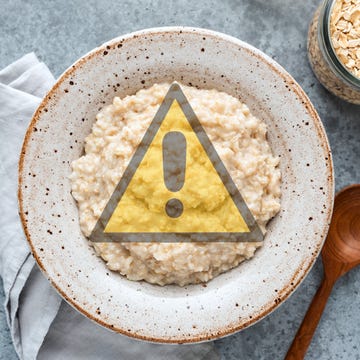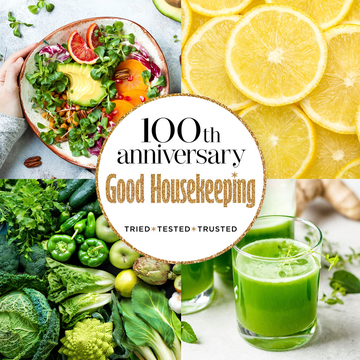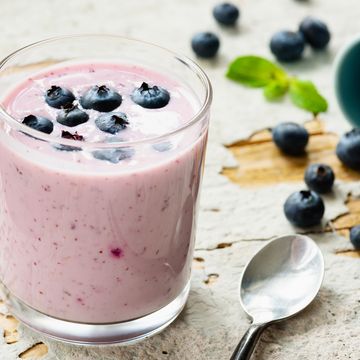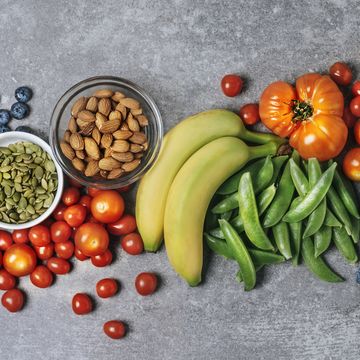A pill that slows time – it sounds like something from science fiction, right? Yet recent studies suggest that two everyday supplements, vitamin D3 and omega-3 fatty acids, could help slow key parts of the ageing process and lead to better health as we get older.
What’s all the buzz about Vitamin D?
A new study published in The American Journal Of Clinical Nutrition has found that taking a daily dose of vitamin D3 may help preserve telomeres, the protective caps at the ends of our chromosomes that naturally shorten as we age. When telomeres get too short, cells start to age and function less effectively, which contributes to many of the health concerns we face with age.
What to read next
In a four-year trial involving more than 1,000 adults aged 50 and above, those taking vitamin D3 showed significantly less telomere shortening compared to those on a placebo – a delay equivalent to nearly three years of ageing.
The study was the first of its kind – a large-scale trial to show vitamin D’s potential in maintaining telomere length – according to Dr JoAnn Manson, co-author of the study and chief of Preventive Medicine at Brigham and Women’s Hospital. More research needs to be done to confirm these findings, but meanwhile, healthy levels of vitamin D have also been linked to lower blood pressure and inflammation, as well as boosted heart and bone health.
The power of omega-3 – ‘good fats’
But vitamin D isn’t the only player in the anti-ageing arena. Omega-3 fatty acids – those so-called ‘good fats’ found in oily fish, seeds, and nuts – are already known for their health benefits, from supporting brain function and immune health to improving mood and reducing inflammation.
Rhian Stephenson, founder of the ARTAH supplement brand, explains: ‘Omega-3 fats are critical to many aspects of health, including fertility, maternal health and infant development – yet only 25% of people in the UK get enough.’
A trial from the University of Zurich took this a step further, using cutting-edge biological tools called epigenetic clocks to measure ageing. They found that healthy older adults taking 1g of omega-3 daily aged on average three months less over three years than those who didn’t supplement.
Professor Heike Bischoff-Ferrari, lead author, says, ‘While the effects may seem small, sustained over time, these benefits could have a significant impact on population health.’
Better together: combining vitamin D, omega-3 and exercise
Want to boost the impact further? Interestingly, the study also found that combining omega-3 supplements with vitamin D and regular exercise boosted the anti-ageing effect to nearly four months – showing that a holistic approach to health could maximise results.
Should you take supplements or eat your way there?
Do you need to swallow supplements? Not necessarily, says Rhian. ‘There are many food sources of omega 3 fats, primarily fatty fish. To get the dosage studied in this trial, one would need to consume things such as mackerel, salmon and sardines daily.’ There’s about 1g of DHA and 500mg EPA (both are types of omega-3 fatty acids) per average portion of salmon – so 1.5g in total, more than the quantity trialled in this study.
There are also plant sources of omega-3 fats, adds Rhian: ‘Walnuts, chia seeds, flaxseeds and soya beans all have an omega-3 fat called alpha-linolenic acid, which can be converted into EPA and DHA [the omega-3 fatty acids that are found in fish and fish oil supplements].’
This conversion, however, is pretty inefficient, Rhian says: ‘Only around 8% of dietary ALA is converted into EPA, and 5% into DHA, so it can be quite difficult to get an optimal amount of EPA/DHA from plants alone, especially as a therapeutic dose to combat cellular ageing.’
The bottom line
While more research is needed to fully understand the long-term benefits, these studies offer promising insights into how vitamin D and omega-3 supplements might help slow cellular ageing – potentially extending our healthy years.
If you’re thinking of adding these supplements to your routine, it’s always best to chat with your GP first – especially because what each person needs can vary.
In the meantime, eating some oily fish, nuts, seeds and getting plenty of sunshine (or a vitamin D supplement in darker months) alongside regular exercise remains a solid foundation for healthy ageing.













